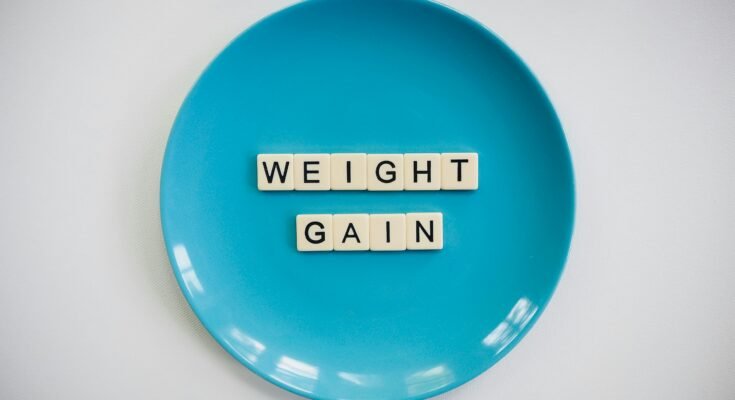More challenging than losing weight, gaining it can be a different ball game for a lot of people. Whether it’s being underweight, recovering from some disease, or just wanting to bulk up, adopting the right strategies is crucial for healthy weight gain. Here’s an outline for those who want to gain weight fast and effectively.
1. Determine Your Caloric Needs
Gaining weight requires a caloric intake that surpasses your calories burned. Get the Total Daily Energy Expenditure from a TDEE calculator. Consume between 300 and 500 calories more than your daily energy expenditure to attain steady weight gain. If you want faster results, consider increasing this number by 700-1000 calories a day.
2. Choose Your Foods Wisely
Food choice is the most important aspect of healthy weight gain. Favor on nutrient-dense, calorie-heavy foods, including
- Protein: Eggs, chicken, beef, fish, tofu, legumes. Healthy fats: Avocado, nuts and seeds, olive oil, and nut butter.
- Carbohydrates: Whole grains, potatoes, sweet potatoes, rice, and oats.
- Dairy: Whole milk, cheese, yogurt, cream.
- Extras: Dried fruits, dark chocolate, granola.
3.Increase Your Meal Frequency
If you have trouble eating large meals, break down your food intake into smaller, frequent meals. You may have to aim for five or six small meals a day, plus snacks.
4. Add A caloric-Dense Snacks
Snack smartly to help pack in more calories. A handful of nuts is always a good choice. Spread some peanut butter on whole-grain toast. You can try smoothies with whole milk, banana, protein powder, and almond butter.
5.Prioritize Protein for Muscle Growth
Protein is the key element for muscle development and muscle maintenance, on an everyday basis: minimum of 1.6-2.2 grams of protein per kilogram body weight, ideally in every meal.
6. Lifting Weights
Make sure that you engage in a well-structured strength-training program. That way, your extra calories will go toward muscle building instead of fat deposition. Implement compound movements, such as squats, deadlifts, bench presses, and rows, when exercising accordingly.
7. Don’t Skimp on Healthy Fats
Fats can provide immense calories, –an effective way to build a caloric surplus without having to consume much food. Sprinkle meals with foods such as avocados, olive oil, and fatty fish.
8. Drink Your Calories
Drink your calories if you are overwhelmed by the thought of eating too much food! Here are some few options:
- Protein shakes.
- Smoothies.
- Whole milk or
- Fresh fruit juices.
9. Track Your Progress
Commence tracking your weight on a weekly basis so that you may ascertain your weekly developments. If you’re not gaining weight at the desired rate, adjust up or down.
10. Have Patience and Stay Consistent
Gaining weight takes time; therefore, practice consistency in your eating and no despair if you feel progression is slow.
Food & Meal Ideas for Weight Gain
The following are simply a starting point:
- Breakfast: Whole-grain toast spread with mashed avocado and scrambled eggs, 1 glass of whole milk and a banana
- Snack: Greek yogurt topped with honey and granola
- Lunch: Grilled chicken breast, quinoa, roasted vegetables, and drizzled with olive oil
- Snack: Protein shake with milk, almond butter, and frozen fruit
- Dinner: Salmon with mashed sweet potatoes and steamed broccoli
- Dessert: Dark chocolate with a handful of nuts.
Reasons for Consultation
If you have an inability to gain weight despite these tips, it may be worthwhile consulting with a doctor or dietitian to rule out medical conditions such as hyperthyroidism, digestive disorders, or malabsorption issues.
Conclusion
Healthy weight gain demands dedication, commitment, and the right strategies. With nutrient-dense foods, strength training, and tracking your progress, you can achieve your weight gain goals safely and effectively. Remember, the journey is unique for everyone, so listen to your body-how much time you need to recover and the progress being made-and make adjustments accordingly.
